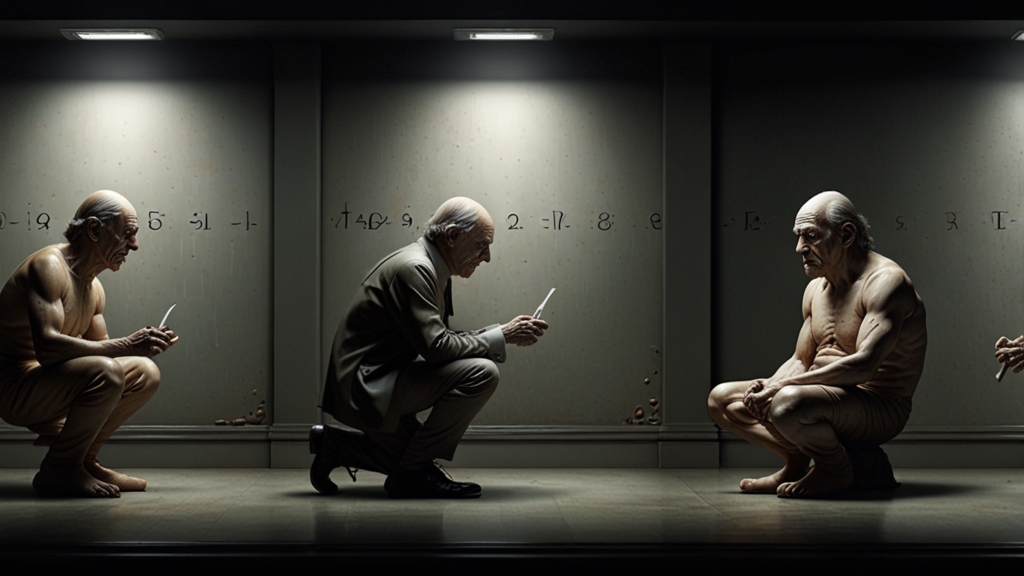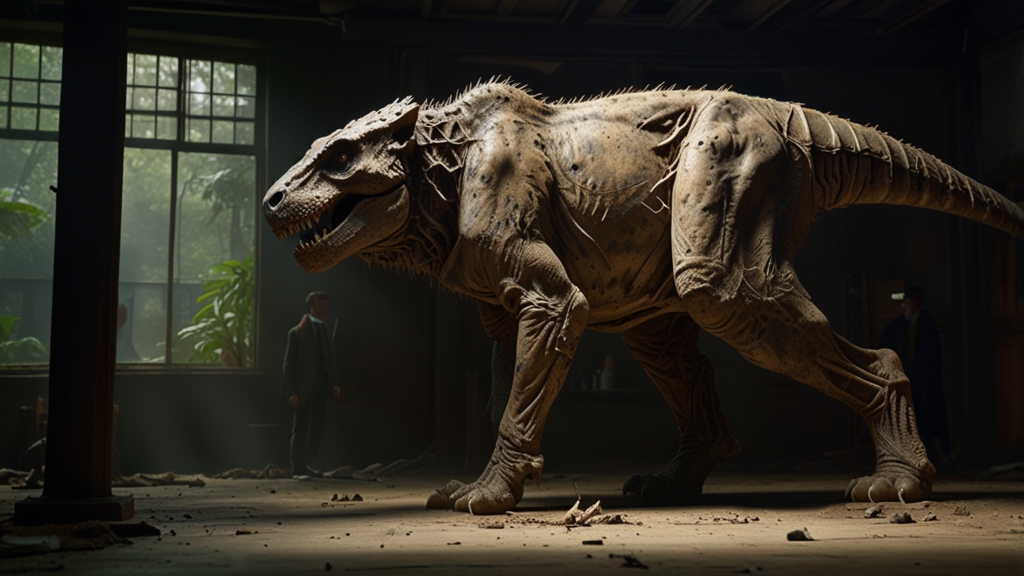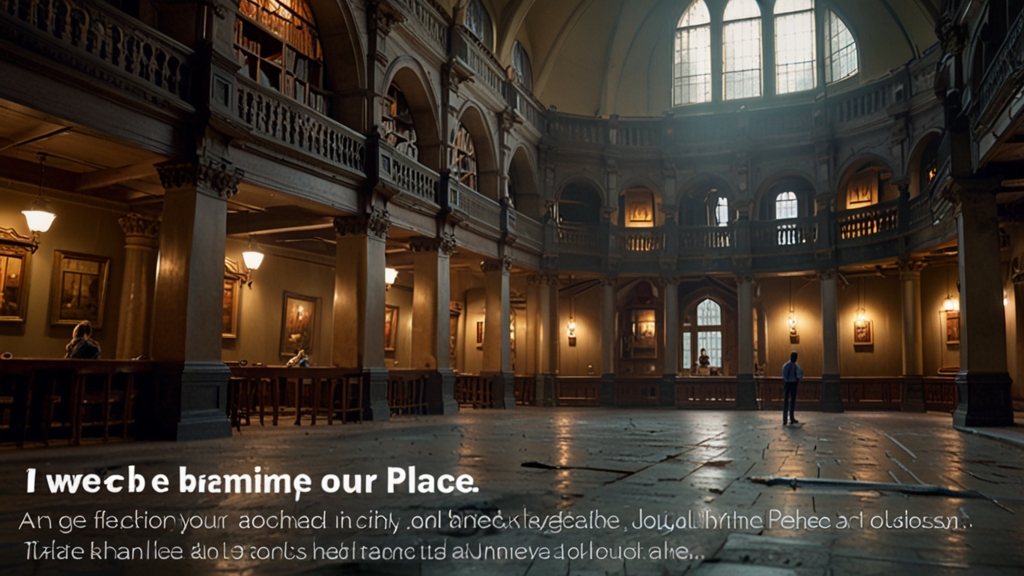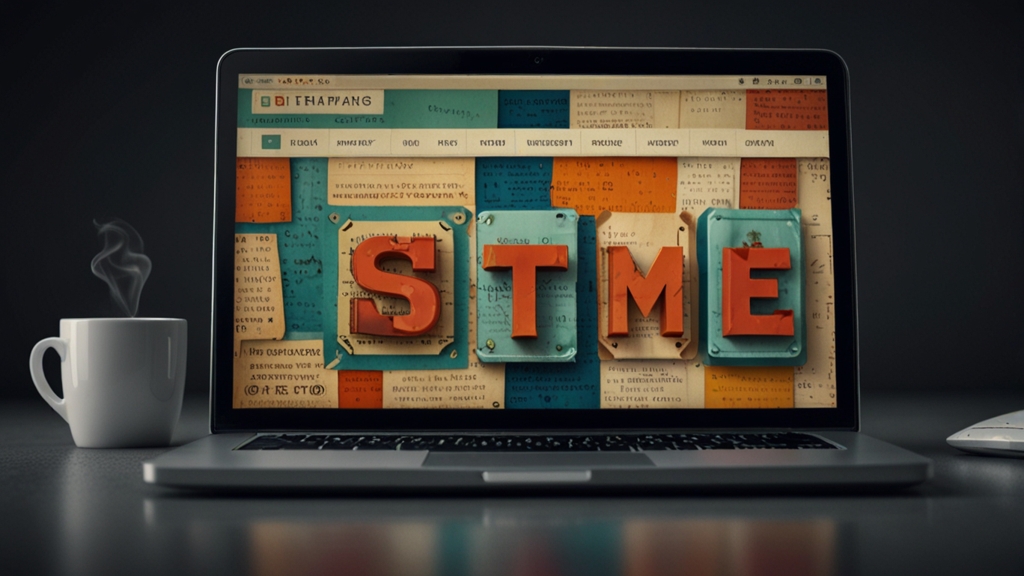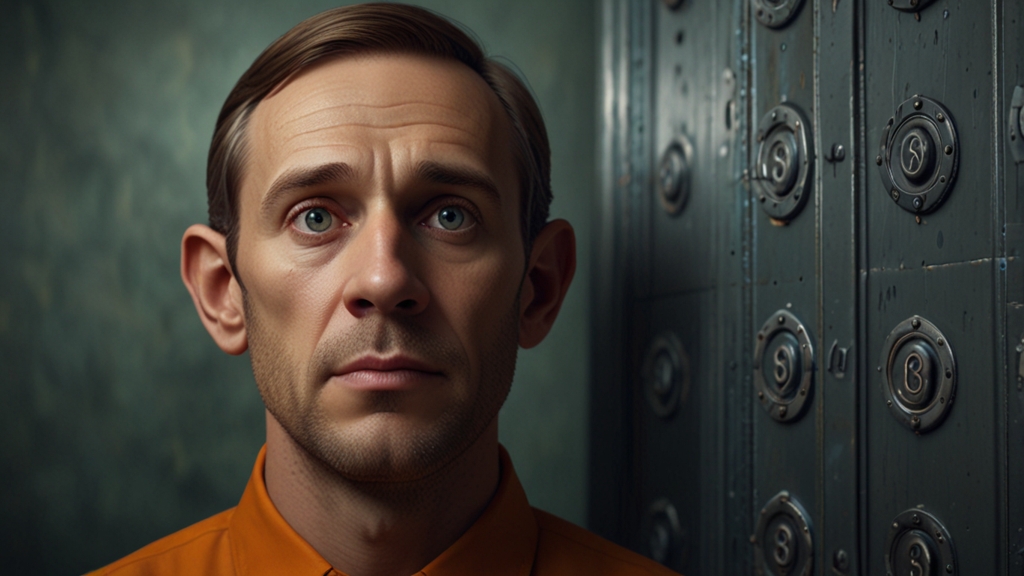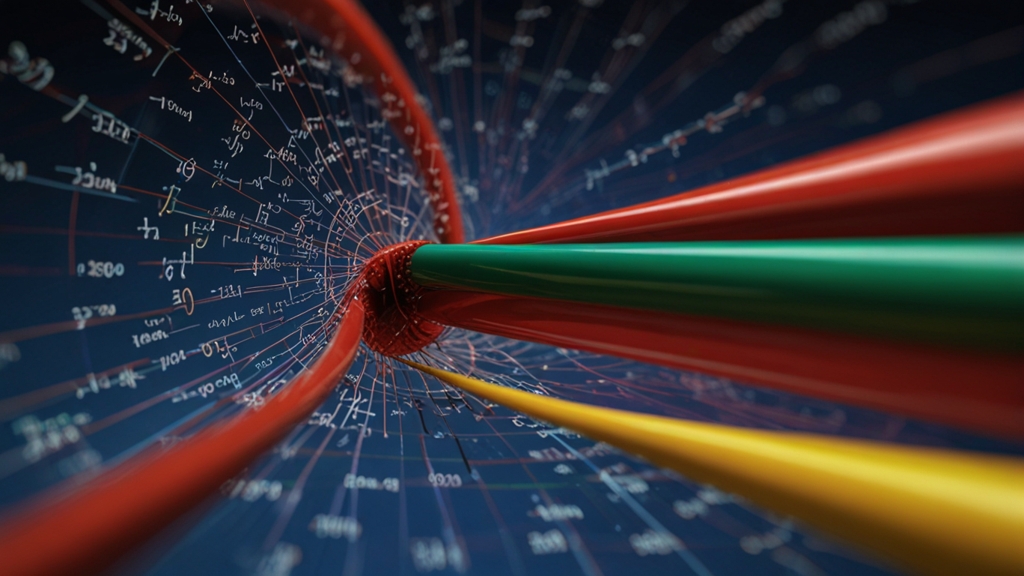From Simple to Complex: The Evolution of Riddles
Riddles have been an integral part of human culture for millennia. They serve not only as a form of entertainment but also as a tool for sharpening the mind. Over the ages, riddles have evolved from simple questions to intricate puzzles that require considerable wit and imagination to solve. This article delves into the fascinating journey of riddles from their rudimentary origins to their sophisticated contemporary forms.
The Origins of Simple Riddles
The history of riddles is as old as human communication itself. Early riddles were straightforward, often based on observations of nature and everyday life. These riddles were mainly used as oral tradition to pass knowledge and wisdom from one generation to the next. Consider one of the oldest known riddles from ancient Sumer, dated around 2000 BC:
"There is a house; one enters it blind and comes out seeing. What is it?"
Answer: A school.
Such riddles were uncomplicated yet held significant cultural and educational value. They reflected the societies from which they originated and provided a medium for teaching and learning in an engaging manner.
The Medieval Shift: Literary Riddles
During the medieval period, riddles began to take on a more literary form. They were often written down and included in manuscripts. One of the most famous collections of these riddles is found in the "Exeter Book," an anthology of Old English poetry. The riddles in this book are more complex and poetic than their ancient counterparts, often requiring a deeper level of thought and interpretation.
For example, consider this riddle from the Exeter Book:
"A wonder on the wave: water has struck / Stone-stark to the sand and rents flesh / From bone. She causes tears, and she seeks out iron. / The valiant woman exacts a vow."
Answer: A grinding stone.
These riddles are rich with imagery and metaphor, requiring solvers to look beyond the literal meaning to uncover the answer. This shift marked a significant development in the complexity of riddles, making them not only a test of knowledge but also a test of language and interpretative skills.
The Renaissance and Beyond: Intellectual Riddles
As education and literacy rates increased during the Renaissance, riddles became even more sophisticated. They began to appear in various forms of literature, from plays to novels, often serving as a means to challenge readers or audiences intellectually. William Shakespeare, for instance, famously used riddles and wordplay in his works to engage his audience on multiple levels.
Moving into the modern era, riddles have continued to evolve, now incorporating elements of logic, mathematics, and lateral thinking. These contemporary riddles often require a blend of different skills, making them multifaceted challenges. Consider this popular modern riddle:
"I speak without a mouth and hear without ears. I have no body, but I come alive with wind. What am I?"
Answer: An echo.
This riddle exemplifies the modern trend of combining simplicity with depth, requiring the solver to think abstractly and creatively.
The Role of Technology
In today's digital age, riddles have found new platforms, from online forums and social media to mobile apps and video games. The internet has made it possible to share and solve riddles with a global audience, fostering a new community of riddle enthusiasts. Moreover, technology has enabled the creation of interactive and multimedia riddles, adding another layer of complexity and engagement.
For instance, escape rooms and puzzle games often integrate traditional riddles into their gameplay, requiring participants to solve a series of interconnected problems to progress. This blend of physical and mental challenges showcases the limitless potential for the evolution of riddles in the digital age.
Conclusion
From their humble beginnings as simple questions passed down through oral tradition, riddles have grown into sophisticated puzzles that challenge our minds in diverse and exciting ways. They have adapted to changes in language, culture, and technology, proving their enduring appeal and versatility. As we continue to innovate and explore new forms of entertainment and intellectual challenges, the evolution of riddles is far from complete, promising even more intriguing developments in the future.
